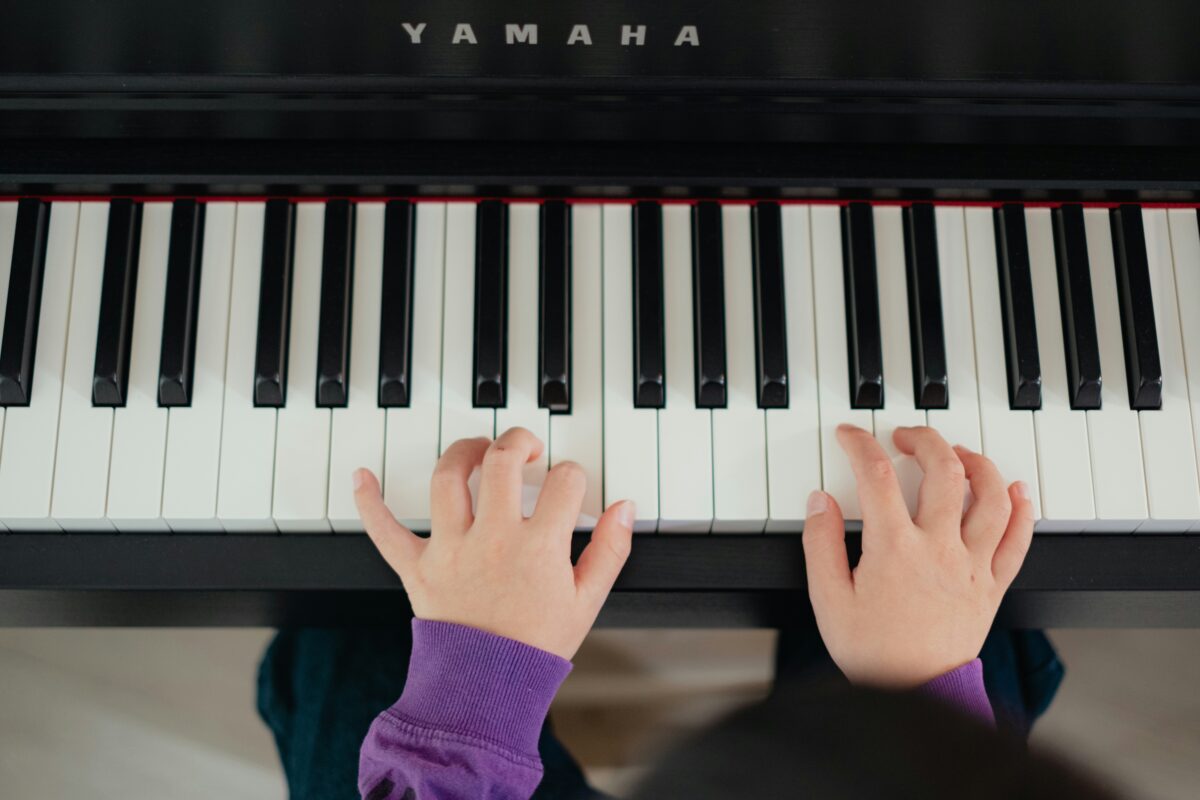Injustice in the canton of Graubünden
Although the cultural promotion law of the canton of Graubünden stipulates that teachers at music schools in Graubünden receive the same salary as primary school teachers, their salary is 25% lower. SMPV central board member and member of the cantonal parliament of Graubünden, Aita Biert, is fighting against this injustice.
Article 18² of the Canton of Graubünden's Culture Promotion Act (KFG) states that "The minimum annual salary and the number of teaching units for a full-time position are based on the requirements for primary school teachers in accordance with the Education Act." In fact, however, the fixed lesson length for primary school teachers is 45 minutes, while that of music teachers is 60 minutes, as stipulated in the 2018 Cultural Promotion Ordinance in disregard of the KFG. Music teachers in Graubünden therefore effectively earn a quarter less than their colleagues at elementary school, even though the KFG stipulates equal pay.
Dear Aita, you have submitted a request (elsewhere this is called a "motion") to the Graubünden government to remedy this grievance. How was it originally justified during the discussion on the Culture Act Ordinance that music teachers have to work longer hours for the same salary?
Aita Biert: The council members were of the opinion that music lessons do not require any preparation or follow-up and that the responsibility for music lessons, which are often individual lessons, is much less than for classroom lessons.
We both know that this is not true. Why aren't the music school teachers fighting back?
A.B.: Music teachers generally have too little self-confidence. Somewhere, the fact that they were allowed to turn their hobby into a profession still haunts their minds and they say they are "just music teachers".
They are specialists who have completed at least a Master's degree. They therefore have a higher qualification than primary school teachers. But they are afraid of losing their job if they fight back, fearing that pupils will take fewer lessons if they become more expensive and that only the children of the well-off will be able to attend music lessons. In addition, there are many cross-border commuters working in the canton of Graubünden who do not consider the wages to be too low.
You then withdrew your mandate and supported the government's counter-proposal. Why did you do that and what did it look like?
A.B.: The government has recognized the problem. From 2026, the handling of contributions for singing and music schools will be taken over by the Office for Culture, Department for Cultural Promotion. The government saw this change of responsibility as an opportunity to fundamentally review the teaching structure and the cost implications and then work out a fair proposal with the Association of Singing and Music Schools of the Grisons (VSMG) and other stakeholders, which the Grand Council could then have voted on again. That seemed very sensible to me. The ordinance also states that the canton subsidizes a maximum of 14 teaching units per music student per year. An immediate adjustment would have caused massive problems, because suddenly only 10.5 lessons per year would have been subsidized by the canton instead of 14. But I really hoped that the government's proposal could find a majority in the council.
The Council narrowly rejected the proposal by 56 votes to 48. How did this disappointing decision come about?
A.B.: The opponents turned it around so that we wanted to achieve a pay rise of 25% for music teachers, which they could understand, as they would also like more pay. They didn't understand at all that this was not about a pay rise but about the equal treatment of music teachers with primary school teachers, which is laid down in the KFG, i.e. it was actually purely about implementing the law that they themselves had passed. I was very disappointed!
What happens now?
A.B.: The government proposal put forward by J.D. Parolini would have been expedient. As this has now been rejected, the government should actually adapt the Culture Ordinance to the Culture Act on its own initiative, as it should have done from the outset. We will see whether it does so. Otherwise, we really must consider whether it would not make sense to take legal action, because the law is clearly being flouted. The kindergarten teachers in the canton of Graubünden succeeded in winning their primary school teachers' wages through a lawsuit, which was upheld. For the time being, the SMPV OstSüdost-Schweiz and the Verband Sing- und Musikschulen Graubünden must clarify legally whether such a lawsuit could have a chance of success. And we must sensitize music teachers in the canton to the problem and motivate them to join the SMPV, their professional association, so that we are an ever larger group that can work together for justice and equal treatment.
This is also where my new favorite topic fits in: "Music teacher, music educator" should also become a protected profession in the canton of Graubünden - as it already is in the cantons of Vaud and Lucerne.
A.B.: This would certainly go a long way towards improving the recognition of our profession, but there is still a long way to go. I hope that we can solve the problem of unequal pay before then!

Aita Biert, member of the SP Grand Council of the Canton of Graubünden and member of the SMPV Central Committee








